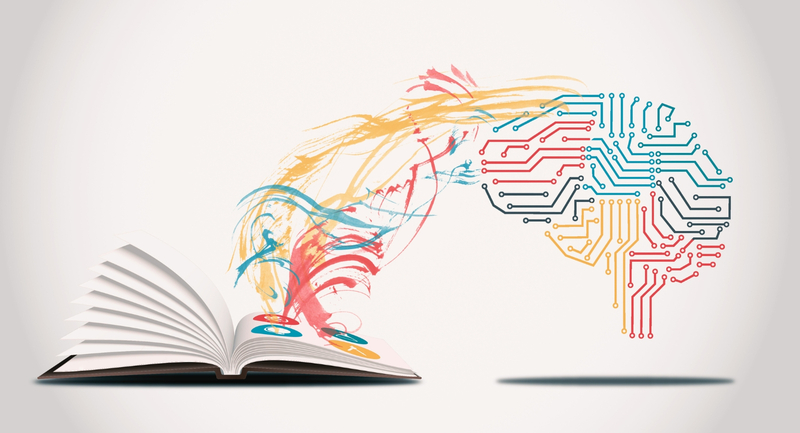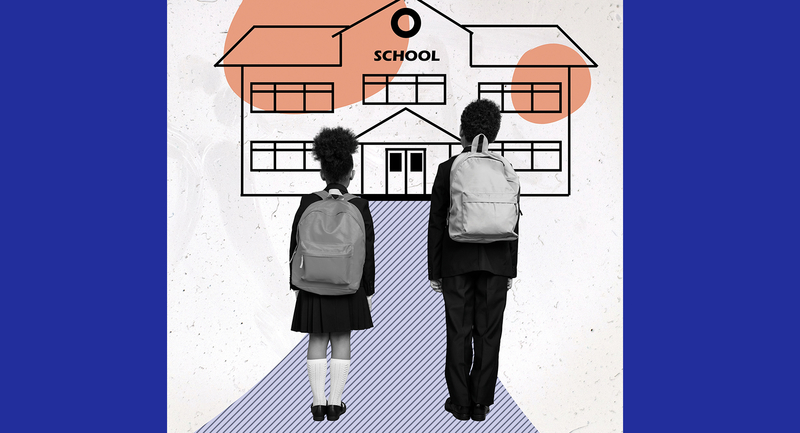November 1, 2024
•
5 min (est.)•
Vol. 82•
No. 3Preparing Students for “Anything”
Credit: veronicagomezpola / Shutterstock
I am often asked, “How do we prepare students for the jobs of the future? The ones that do not exist yet, but will displace the jobs we know?”
This is not an idle question. A recent report from Goldman Sachs suggests that generative AI could expose 18 percent of work globally to automation (Briggs & Kodnani, 2023). That’s the equivalent of 300 million jobs. Another study, from the University of Pennsylvania, OpenAI, and OpenResearch, estimates that 80 percent of U.S. workers will see at least 10 percent of their job responsibilities affected by AI, with roughly 1 in 5 workers seeing half of their job tasks impacted (Eloundou et al., 2023). We may not know exactly how these jobs will change, but we can be absolutely certain that they will be different.
At the same time that emerging technologies like AI are disrupting work expectations, the demand for uniquely human skills in the workforce is actually growing, according to a LinkedIn analysis (Bessalel, 2024). These durable skills—such as creativity, collaboration, critical thinking, and fortitude (America Succeeds, n.d.)—represent competencies that even our most advanced machines struggle to do well. They are skills that are essential to problem solving.
Problem solving is at the core of human ingenuity and remains relevant to every field, despite technological changes. It requires more than machine-generated predictions; it requires judgment, conscientiousness, and moral reasoning. For instance, in the field of healthcare, AI can analyze medical images with remarkable accuracy, but human doctors must still interpret results, evaluate treatment options, communicate with patients, and make complex ethical decisions. In the field of environmental science, AI can analyze climate data and predict environmental changes with accuracy. However, human scientists must interpret those predictions, design effective conservation strategies, and make decisions on how to balance economic and ecological concerns in sustainable development.
In education, AI can assess student performance data, identifying patterns in learning progress. However, as highlighted in the ISTE+ASCD Transformational Learning Principles, teachers are essential to creating personalized instruction, understanding social-emotional factors, and designing learning to best support students’ growth and engagement.
It would be a mistake to think of this as an either-or situation. In the end, human problem-solving skills augmented by digital competencies will outperform either one alone. Rather than viewing our role as gatekeepers between students and potentially distracting technology, we must see our role as guides and facilitators. We have the opportunity to put incredibly powerful and far-reaching tools in students’ hands to augment their abilities to create, collaborate, gather diverse viewpoints, deepen understanding, build community, express their ideas, and solve problems. And we have the obligation to help them use these tools in ways that mitigate inherent risks.
At the ISTELive conference this past June, futurist Sinead Bovell shared a powerful statement with thousands of educators: “We can’t prepare students for everything, so we have to prepare them for anything.” How do we prepare students for anything? By helping them become digital problem solvers. By equipping them as digital citizens. By developing uniquely human skills they can apply throughout their lives.
Ultimately, our task as educators is not to predict the future, but to empower our students to shape it. By fostering digital problem-solving skills alongside uniquely human competencies, we can prepare the next generation not just to adapt to change, but to lead it.
Editor’s note: The author acknowledges the use of Claude AI for research assistance.
References
•
America Succeeds. (n.d.). Durable skills in action. https://durableskills.org
•
Bessalel, S. (2024, February 8). LinkedIn 2024 most in-demand skills: Learn the skills companies need most. LinkedIn.
•
Briggs, J., & Kodnani, D. (2023, March 26). The potentially large effects of artificial intelligence on economic growth. Goldman Sachs.
•
Eloundou, T., Manning, S., Mishkin, P., & Rock, D. (2023, August 22). GPTs are GPTs: An early look at the labor market impact potential of large language models. OpenAI, OpenResearch, and University of Pennsylvania.
•
ISTE+ASCD. (2024). Transformational learning principles. https://iste.ascd.org/transformational-learning-principles








